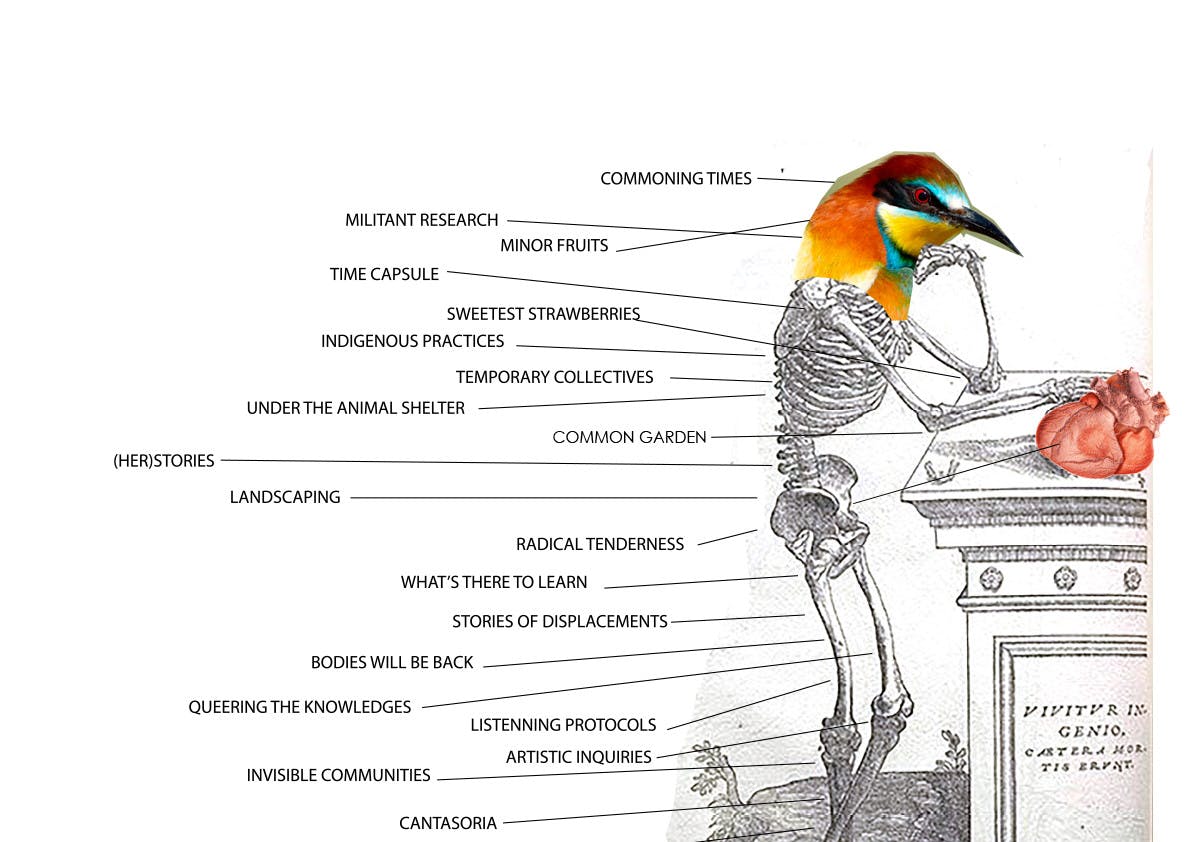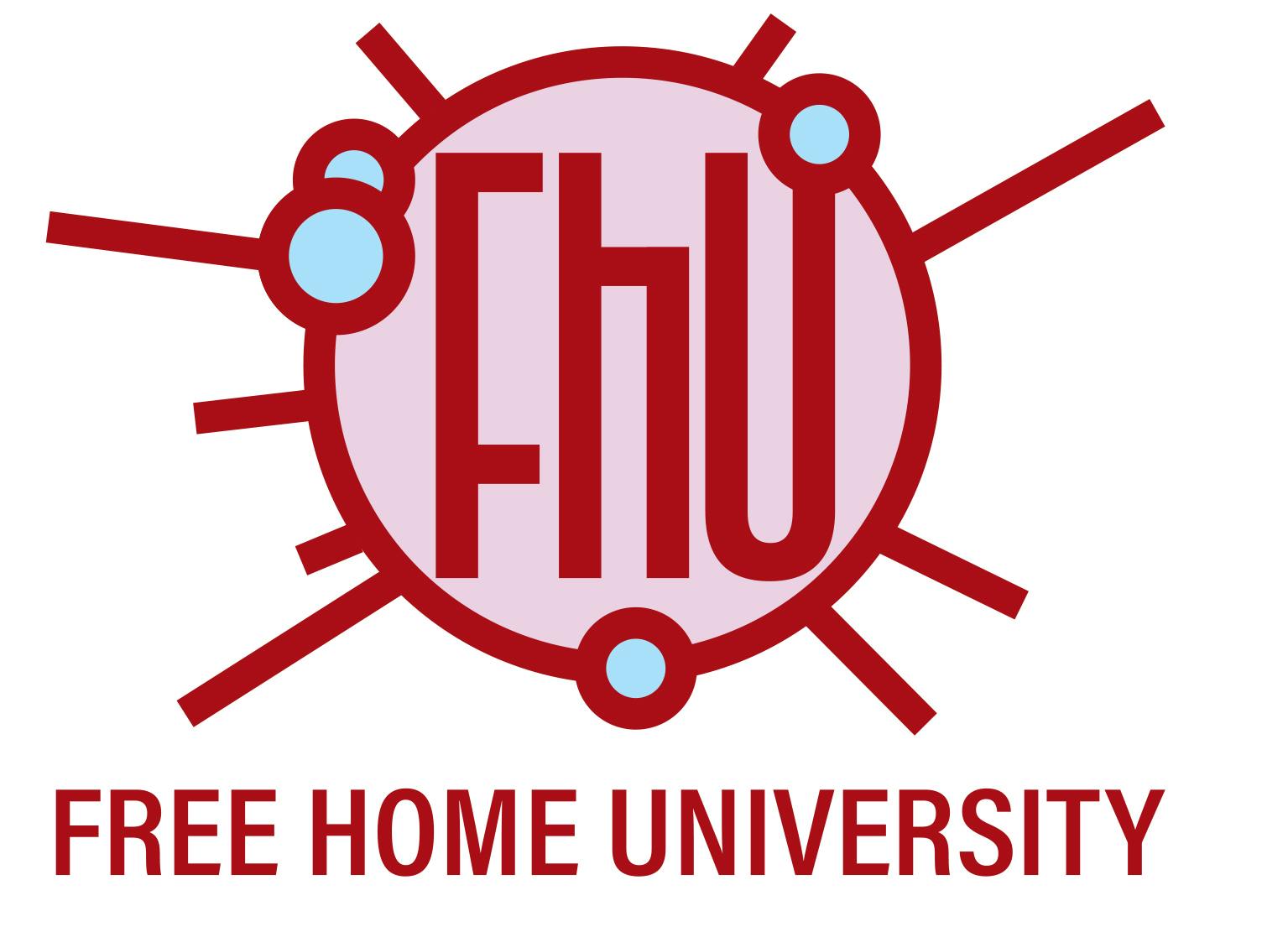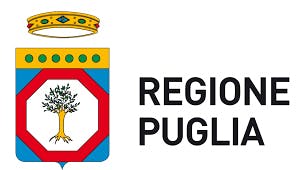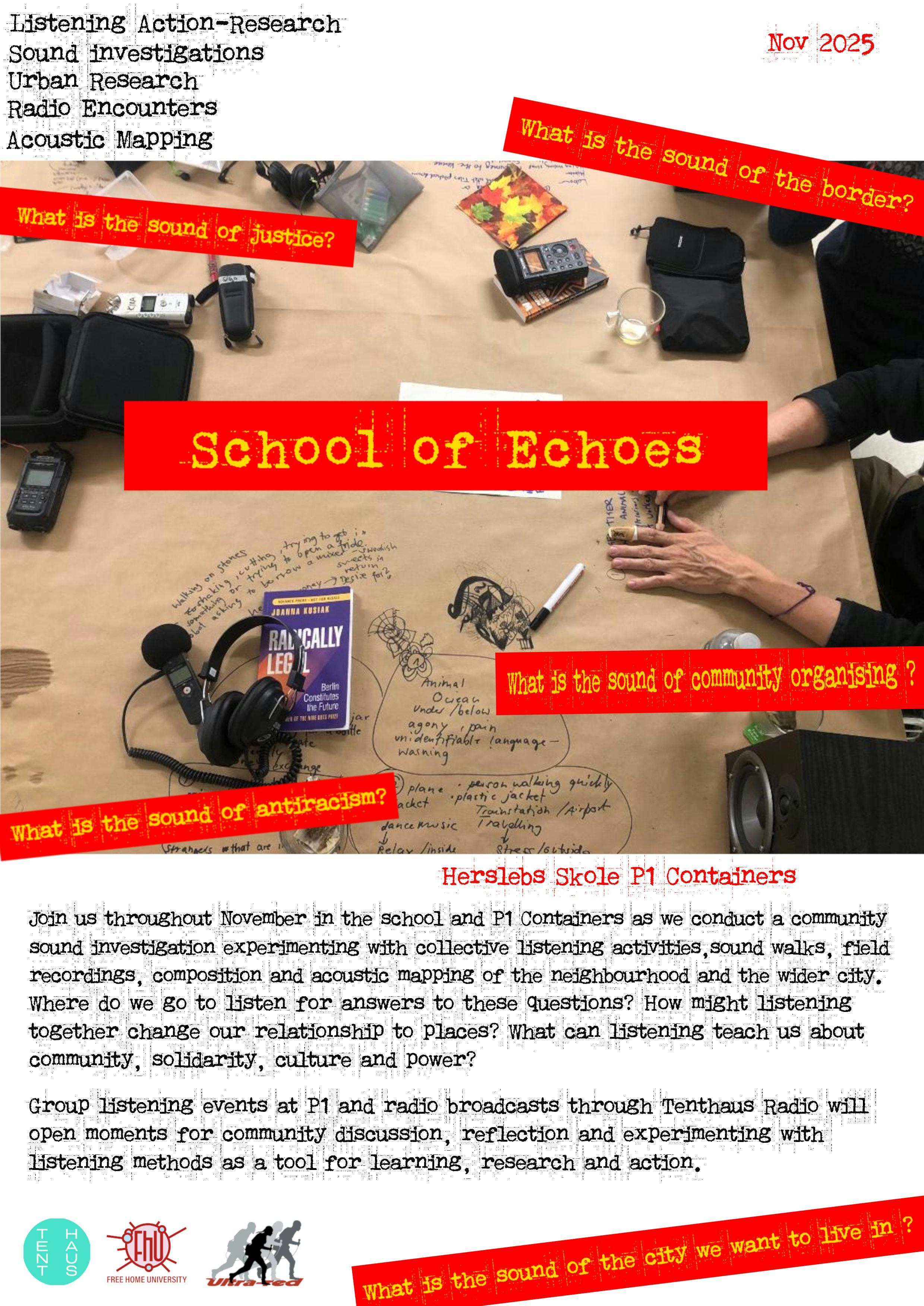PERFORMING the STRUGGLE || chapter one
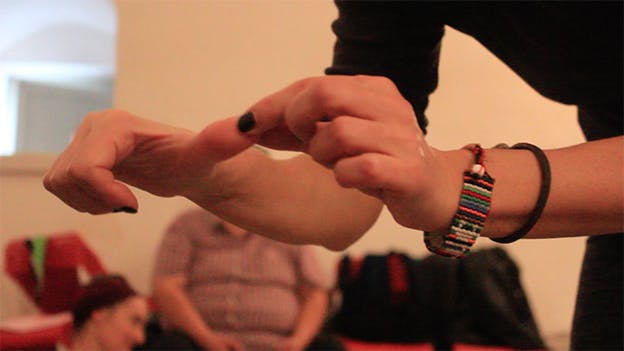
- Clare Dolan
- Rebaz Amed
- Abimbola Odugbesan
- Raphael Daibert
- Mavi Veloso
- Elwood Jimmy
- Alessandra Pomarico
- Nikolay Oleynikov
- Barbara Toma
Just as the way we perform changes, so should our sense of “voice.” In our everyday lives we speak differently to diverse audiences. We communicate best by choosing that way of speaking that is informed by the particularity and uniqueness of whom we are speaking to and with. […] The engaged voice must never be fixed and absolute but always changing, always evolving in dialogue with a world beyond itself.
bell hooks, Teaching to Transgress:
Education as the Practice of Freedom, (1996)
The 2016 winter session of Free Home University has further advanced the exploration around practices of solidarity, engaging more deeply in some aspects of our aesthetic/political/discursive/and immersive inquiries, and through analyses of the ways neoliberalism impacts local communities and territories.
In the past, we had investigated the theme of solidarity through sound walks, storytelling, “political therapy,” dance, vogu’ing, collectively meditating, dreaming, drawing, farming, mask-making, cooking, and living together in shared spaces; through readings, Socratic conversations, convivial field visits, and collaborative and regenerative work with comrades and friends particularly from the LGBTQI communities and within the asylum seekers’ protection centers.
After two years of collaborations with the latest (and mutual visits paid, different processes shared, and close friendship with some of their beneficiaries established) we have started to have a better understanding of the many challenges and the complex situation they live in, and how their cartography of hopes and disillusion is designed from the moment they start their journey, traveling from border to border, from detention camps to refugee centers, confined in existential and legal limbo, until they are eventually accepted in ‘spaces of protection’ and eventually granted asylum status. This is not the end of their trouble, but is at least the recognition of something and an official paper about their condition and residency permit.
Those who are not officially recognized as refugees risk being deported or retreating to live in the shadows. For all of them, as well as for most of the current economic migrants, our cities in Europe are inhospitable, racist, xenophobic, and sites of new oppressions and labor exploitation; the bureaucracy is impossible to navigate when not openly designed to discourage autonomy of living and integration; the “hospitality centers” have very little of the welcoming hospitality harbored in their names, especially when they are placed in the middle of nowhere, managed through outsourcing companies, and the services are not provided in a dignifying manner, respecting material and immaterial needs, and the psychological support needed when people are in a condition of trauma and physical or emotional distress.
These are among the reasons why in this session of December 2016 we wanted to deepen our long-term commitment with some local refugees from the space of protections managed by NGOs we trusted and that were interested in what we could contribute, as cultural practitioners. Our intention was also to transform our space, the Ammirato Culture House, into a place where asylum seekers could meet, self-organize, cook, make friends, and not just participate in the various activities we offer, but also propose their own.
As for the intention in this Free Home University’s session, the call was to co-create work that strives to intertwine their stories/struggles with ours, bringing up a common platform of solidarity and understanding, allowing for multiple perspectives and tactics to navigate the reality to emerge. Also, one of our artistic interests (and preoccupations) is related to performativity, considered for its possibility to embody, raise voice, and perform the struggles, without spectacularizing community in struggle or speaking in their place. With this challenge in mind, we researched different theatrical traditions rooted in political and didactic commitment, coming from people with a dissident experience (Boal, Brecht, Freire) or militant engagement (Bread & Puppet).
Some of the activities were designed to create a collective rhythm and to build the necessary trust for sharing our stories, in the absence of a common language, and within our various social, cultural, and geographic backgrounds, considering our differences and our different privileges.
The session was collectively organized to also allocate time for everyone to propose and lead exercises according to the various interests in the group. If this choice challenged the possibility to unfold some of the methods proposed, it was indeed a decision to organize our time more horizontally. A way to break the boundaries between “mentors” and “fellows” and the entitlement of the more professionalized among us, exposing the group to the emergence of a more collective process of decision-making, its joys and frustrations, allowing us to practice patience, respect, and support for each other despite our different perception of what was needed, productive, expected, or even desired.
And yet we did a lot, maybe too much or probably not enough.
We learned, and unlearned.
Here is a list of some of the things we did:
- We revisited the tradition of political “cabaret” as in B. Brecht/K. Weill/K. Valentin — a strategy to “educate and entertain for the beer-hall or the street”
- We read from Brecht’s Me-ti, John Berger’s A Seventh Man, bell hooks’s Teaching to Transgress and Belonging, visAvis: voices on asylum and migration magazine, and from some of our own texts around radical pedagogy (and other radical thinking)
- We used Augusto Boal’s Theatre of the Oppressed/Forum Theatre to stage our stories, and to build awareness and allow participation from the audience (we brought this practice to an art high school, and we tried it out with a general audience in our theatre)
Al. from Lecce – an exercise of the Theatre of the Oppressed. - We explored the tradition of shadow theatre and theatre of images to articulate interpersonal power dynamics, explore race, gender, age, sexuality, physical, mental, and emotional conditions affecting our relationships
- We worked with our bodies through dance and movement to get to know each other, to share our scars, to have fun, and to find a balance with the more intellectual and discursive side of our practices
- We had a conversation around places of safe havens in Europe and what it would take to transform our residency program into one for artists at risk, what complexities exist, and what type of knowledge and networks we would need to implement
- We built a giant face puppet with papier maché technique.
- We learnt about the tradition of Cantastorie from around the world and from different historical moments, and we participated in one reporting on Aleppo’s siege and the «last messages» civilians were writing to the world.
- We watched “The Tragedy of Africa,” a video discourse of Professor Lumumba, followed by a bold conversation with the African residents of a refugee center. The following day we discussed, with them, refugees’ rights and activism with leaders from the Lampedusa in Hamburg and the United African Women of Greece movements; we learnt that it was not so simple to invite them into our space, even though they are supposed to be free to move around in the city
- We cooked every meal together, learning recipes from all over the world, chatting in the kitchen and co-creating a very special fusion with Franco-Brasilian, Greek-Iranian, Sierra Leonean, Italian-Nigerian-Finnish-Anglo-Malian combination that any chef would have envied
- We marched with one high heel shoe in front of the house of the first openly transgender woman and sex worker of Lecce, who was stigmatized all her life and refused a religious funeral (although the Church didn’t refuse to accept the donation of her house and other properties)
- We wrote, danced, played, sang, and whispered postcards to redefine what is home and what it is to be a foreigner
- We learned to see faces everywhere
- We learned how to be more self-reflexive, and that we should only speak from direct experience and not for others
- We learned to include children in our routines, and that all our lives are fragile
- We even finally produced our learning cabaret, out of one single rehearsal, the very same day of the show, conceived as a collage of our exercises for an audience of family and friends from the refugee centers, including social workers and administrators, not to make a spectacle but to share our process and the collectively built space where we felt safe and brave. It was called Here to struggle/stay. Learning cabaret beyond the surFACE.
These different methodologies and practices helped us to better understand our possibilities and responsibilities as carriers and holders of people’s stories, and as storytellers of the struggle.
--
this series was first published at ARTSEVERYWHERE.ca
